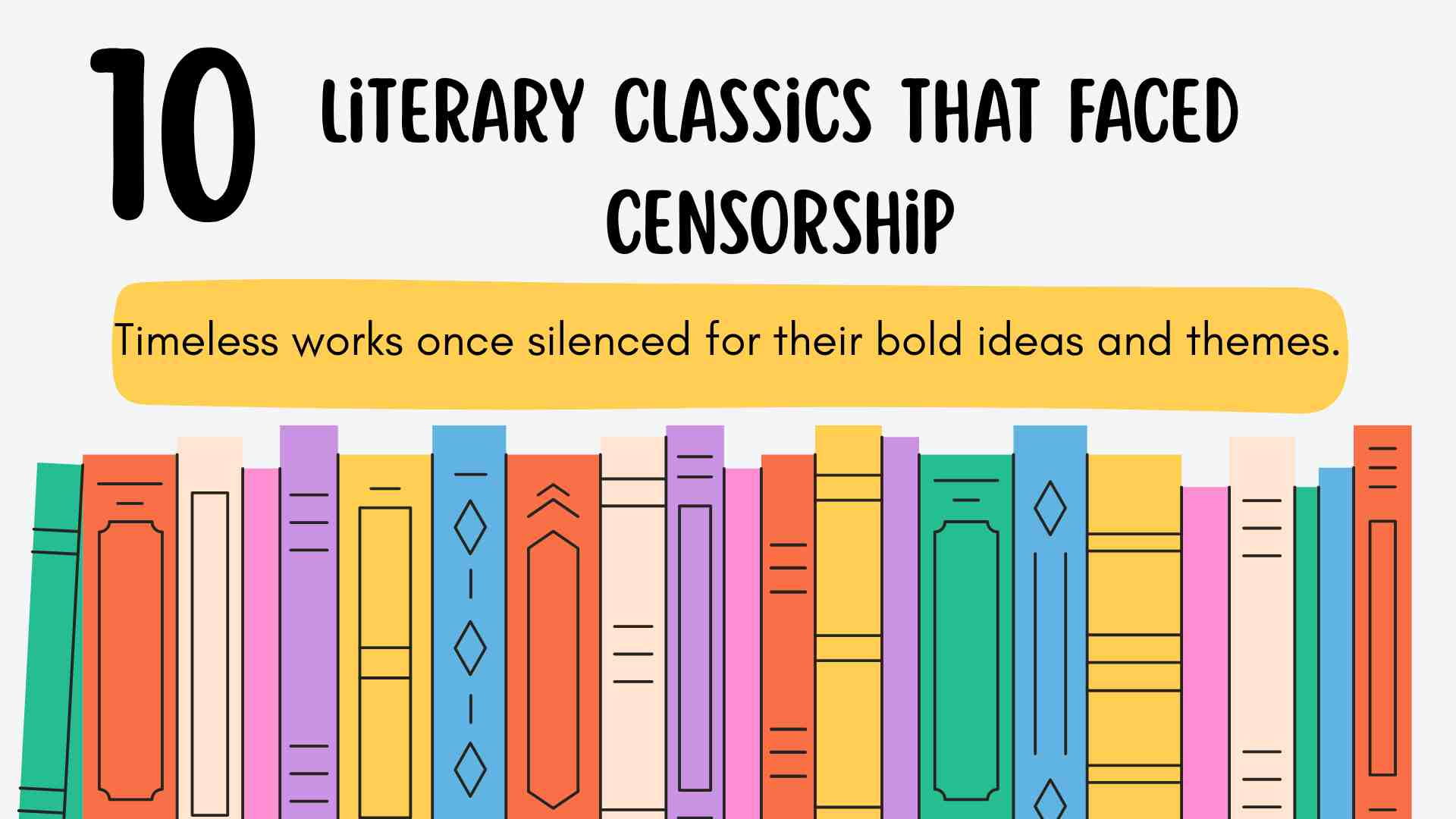10 Literary Classics That Faced Censorship
Throughout history, many literary works that are now considered classics were once tossed aside, banned, or even burned for their content. Whether for challenging social norms, moral codes, politics, or religion, these books provoked controversy — and in many cases, censorship. Here are ten literary classics that faced censorship, and what made them targets.
1. Adventures of Huckleberry Finn by Mark Twain
Published in 1884–1885, Mark Twain’s Adventures of Huckleberry Finn has often been criticized and banned for its frank depictions of race, use of racial slurs, and dialects that many considered coarse or indecent. Some librarians in Massachusetts rejected it for being “rough, coarse and inelegant.” Others removed it because it was allegedly “unsuitable for respectable people.”
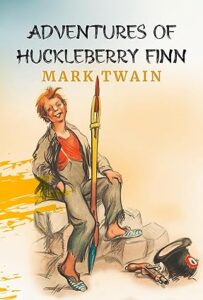
2. The Call of the Wild by Jack London
Jack London’s novel The Call of the Wild about survival in the Yukon wilderness was controversial for its violence, extreme animal cruelty, and its author’s political views. In fascist Italy and during the rise of Nazism, London’s socialist leanings made many of his works suspect, leading to bans and even book burnings.
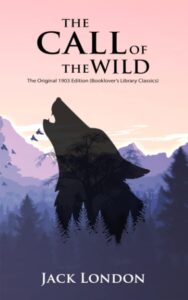
3. To Kill a Mockingbird by Harper Lee
Being one of America’s most beloved novels, To Kill a Mockingbird has nonetheless been repeatedly challenged. Due to its depiction of racial injustice, profanity, racial epithets, and a rape trial, school boards and libraries have removed or banned it at various times. In some places, it was deemed “immoral literature.”
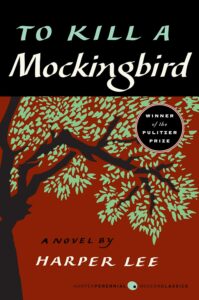
4. The Grapes of Wrath by John Steinbeck
Steinbeck’s portrayal of the hardships of Dust Bowl migrants during the Great Depression ruffled many feathers. Local California authorities banned it for allegedly defaming certain communities, while in other places it was banned for sexual content or vulgar language. The Grapes of Wrath by John Steinbeck has also been suppressed abroad over “propaganda” and political disapproval.
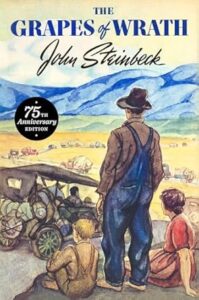
5. Ulysses by James Joyce
When Ulysses was first published in 1922, many authorities considered its content obscene. In the United States and England, the book was banned; customs officials seized copies, and in some instances, the book was burned. It wasn’t until a U.S. court decision in 1933 that Ulysses was legally permitted to be sold without censorship.
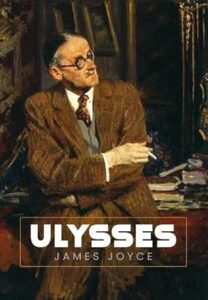
6. A Farewell to Arms by Ernest Hemingway
A Farewell to Arms is one of the famous novels of Ernest Hemingway. His work, based loosely on his WWI experiences, was controversial for its anti-war stance, sexual content, and frank depiction of human suffering. In fascist Italy, the book was banned for many years, and in Nazi Germany some of Hemingway’s works were burned, considered by these regimes to be corrupting foreign influence.
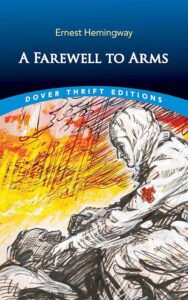
7. Slaughterhouse-Five by Kurt Vonnegut
Published in 1969, Slaughterhouse-Five has been banned in several U.S. schools and libraries. Common complaints include its “explicit sexual scenes, violence, and obscene language,” as well as its irreverent treatment of religion. In one case, school authorities even burned copies.
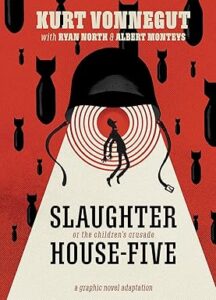
8. The Catcher in the Rye by J.D. Salinger
Salinger’s tale of teenage alienation, The Catcher in the Rye, has frequently been attacked for profanity, sexual references, and what some perceived as blasphemy. In the decades after its release, it was banned or removed from certain school reading lists. Some even viewed it as part of subversive or “communist” influences.
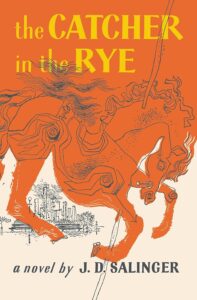
9. Leaves of Grass by Walt Whitman
Leaves of Grass by Walt Whitman is his poetry collection, first published in 1855, was shocking to many readers in its time for its open celebration of sexuality and homoeroticism. Libraries refused to buy it; prominent figures denounced it as immoral. Its publication had real personal consequences for Whitman, including damage to his reputation and career.
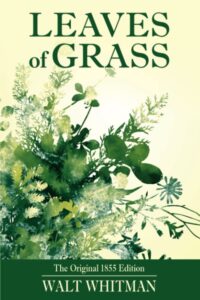
10. Harry Potter Series by J.K. Rowling
Though more modern than the others on this list, the Harry Potter books have been among the most banned and challenged in recent decades. Complaints often cited occult or “witchcraft” themes, violence, or alleged anti-family content. Yet despite or perhaps because of the controversy, the series has become hugely influential.
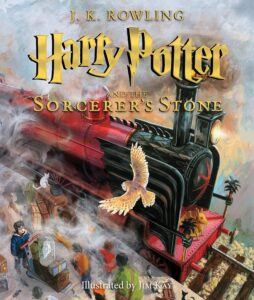
Why These Books Were Targeted
The reasons for censorship tend to fall into a few recurring categories:
- Moral or sexual content: language, depictions of sex, or relationships that certain communities found offensive.
- Political themes: opposition to government, war, or social hierarchy.
- Religious objections: content considered blasphemous or conflicting with dominant religious views.
- Challenges to racial or social norms: especially books that speak about race, injustice, or minority experiences in ways that disrupt prevailing social narratives.
Why They Still Matter?
Though these works were suppressed at one point or another, they endure. They continue to be taught, discussed, and defended — in part because they highlight truths many would rather ignore. Censorship attempts often backfire: people become more curious, discussions become deeper.

